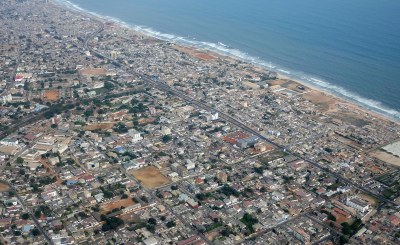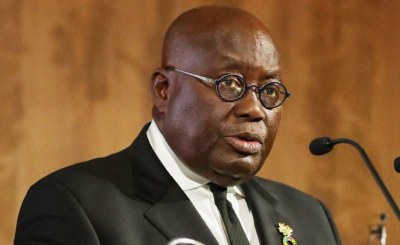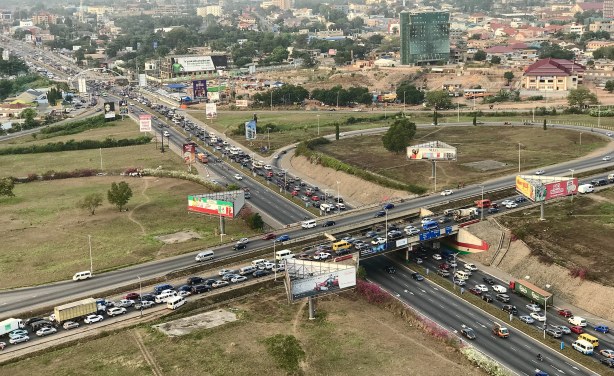-
Ghana: Govt Halts Payments on Most External Debt
Ghana Ministry of Finance, 19 December 2022
Ghana is today faced with major economic and financial crisis, and its attendant social challenges. In 2020 and 2021, the covid-19 pandemic negatively impacted our fiscal and… Read more »
-
Ghana: Ghana Suspends Payment On Eurobond, Other Foreign Debt As Economic Crisis Worsens
Premium Times, 19 December 2022
The country suspended payments on its Eurobond, commercial term loans, and on most of its bilateral debt, a week after a $3 billion agreement with the International Monetary Fund… Read more »
-
Ghana: Ghana to Default On Most International Debt
RFI, 20 December 2022
Ghana has suspended payments on most of its foreign debts, effectively defaulting as the country starts restructuring, as part of a bailout deal with the International Monetary… Read more »
-
Ghana: Bear With Govt to Restore Economy - President
Ghanaian Times, 19 December 2022
President Nana Addo Dankwa Akufo-Addo has reiterated calls to Ghanaians to bear with his government as it works hard to chart a path out of the current socio-economic challenges… Read more »
-
Ghana: '2023 Budget Is Missed Opportunity to Reset Economy'
Ghanaian Times, 19 December 2022
The Executive Director of the Centre for Democratic Development (CDD), Professor H. Kwasi Prempeh, has said the 2023 budget was a missed opportunity to reset the econo-my and… Read more »
Ghana Suspends Paying Some Foreign Debt Amid Economic Woes
The country has suspended payments on its Eurobond, commercial term loans, and on most of its bilateral debt, a week after a U.S. $3 billion agreement with the International Monetary Fund (IMF).
Ahead of the new decision, Ghana last week announced a domestic debt exchange programme. A statement from the Ministry of Finance said the new move was aimed at bringing the country's unsustainable debt level under control after its economy had been hit by high inflation, depreciating currency and low revenue.
The country spent between 70% to 100% of government revenue on debt payment, and its foreign reserves stood at around U.S.$6.6 billion at the end of September 2022, able to cover less than three months of imports.
Calling the decision an "interim emergency measure", the ministry said the government "stands ready to engage in discussions with all of its external creditors to make Ghana's debt sustainable".
A top cocoa and gold producer, Ghana also has oil and gas reserves, but its debt has soared this year, and like the rest of sub-Saharan Africa it has been hit by the fallout from the Covid-19 pandemic and the war in Ukraine.
InFocus
-
The government has formally launched Ghana's Domestic Exchange Programme as part of measures to restructure and bring the country's debt portfolio to sustainable levels, with a ... Read more »
-
Vice President Mahamudu Bawumia has said that in order to protect the country's fast-dwindling foreign currency reserves, Ghana wants to pay for oil with gold instead of ... Read more »
-
More than 1,000 protesters marched through Ghana's capital Accra on Saturday, calling for the resignation of President Nana Akufo-Addo amid an economic crisis tha Read more »







